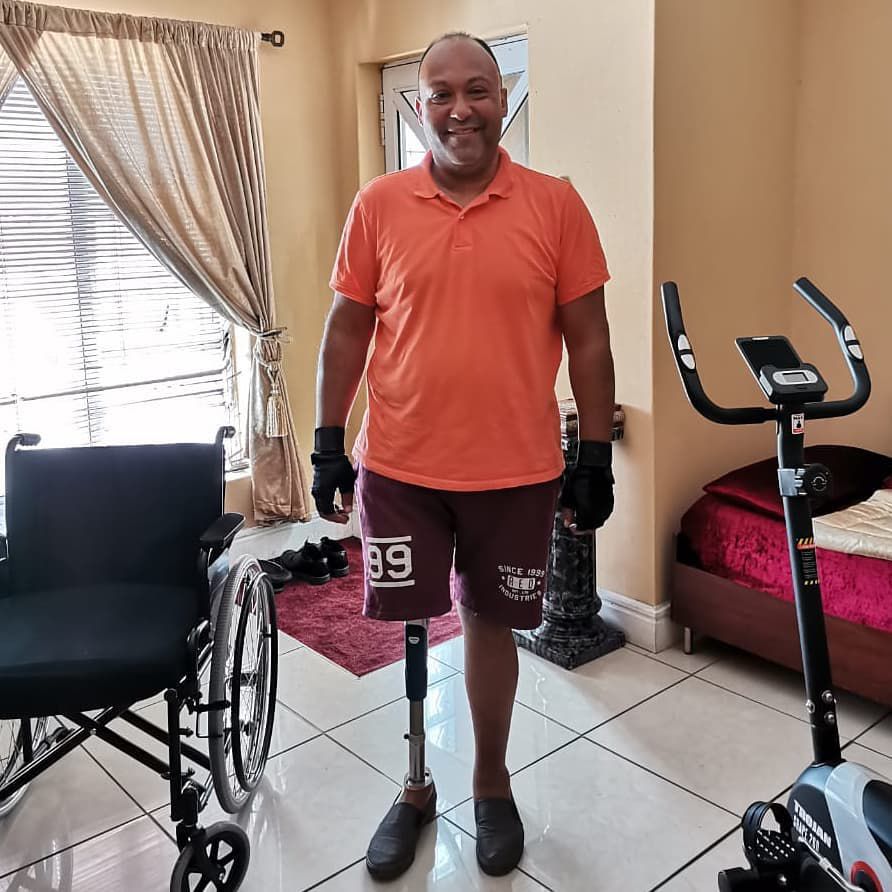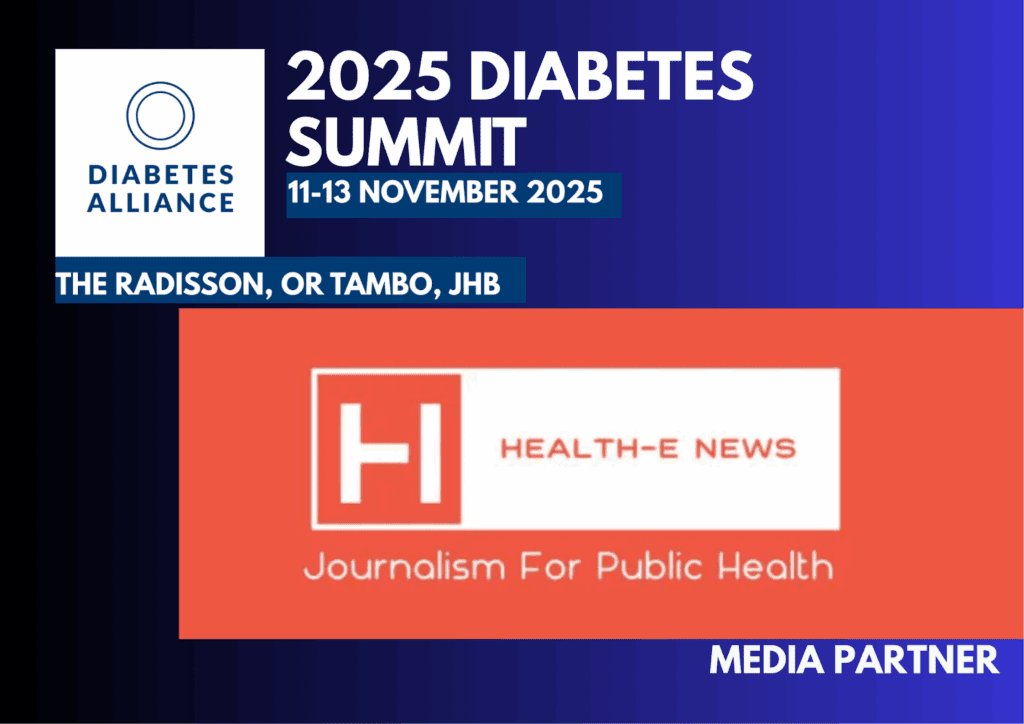Salih Henricks, Dedoc Voice Member, Global Diabetes Patient Advocate
Today, more than 40 years after my diagnosis, I live with the scars and limitations of diabetes complications – but also with the strength of survival, the wisdom of patience, and the joy of helping others.
My journey is not just about me. It is about every person with diabetes who feels unseen or unheard.
Diagnosis
In 1982, when I was 12 years old, my life changed forever.
It started with something that seemed simple: I couldn’t stop urinating – even after drinking a single glass of water. Sometimes I would even wet myself. I didn’t understand what was happening, and neither did anyone else. It was difficult and embarrassing, especially going into high school.
After several tests, doctors diagnosed me with diabetes insipidus. It wasn’t easy to explain to others. Kids teased me. Teachers thought I was just being disruptive. I learned to keep quiet, to hide what was happening, and to deal with it on my own.
I had been taking very good care of myself from the time I was 12. Then, when I was 18, I was diagnosed with type 1 diabetes. I took it seriously. I followed the diet, took my insulin, and stayed healthy. I told myself I would not let diabetes control my life.
But things changed when I turned 21, I was in denial. I was in college and wanted to let loose with my friends. I stopped checking my blood sugar. I told myself: “Just this once”. But “just once” turned into three and a half years.

In 1993, the veins at the back of my eyes burst and I had to get a laser operation on my eyes. I didn’t know that the complications from that period of denial in college followed me for the rest of my life. The years since then have been heavy. My body has taken hit after hit.
In my forties, I was diagnosed with peripheral arterial disease. My veins kept clogging up because my blood had thickened. I had a leg artery bypass surgery in August 2020, then a stent replacement in September. But nothing worked for long. That October, I made one of the hardest decisions of my life: I had my right leg amputated above the knee. I didn’t want to go through another failed procedure. I just wanted the pain to stop.
In 2024, I started getting blurry vision, and had a laser operation in April. In July that same year, I had an aneurysm while at an international diabetes conference in Spain. When I got home, the doctors told me I had had three strokes.
Phycological burden
I come across like I have a good disposition, but I struggle a lot because I’m doing all of it alone. Sometimes I even struggle to get out of bed. The weather has a severe impact on my body; it affects my energy, my blood sugar, and even my mood.

People think the injections, the operations, or the hospital stays are the hardest part of living with diabetes.
But the psychological impact is the worst.
This illness has taken so much from me: my leg, my vision, my job, and I went through four marriages.
But every milestone or downturn has been the biggest blessing.
Alongside these struggles came remarkable experiences. I travelled, met people from all walks of life, and learned that diabetes is not just a medical condition; it is a community, a shared story. I found purpose in peer support: listening, sharing, and walking with others who live with diabetes.
Subscribe to our newsletter
My voice has taken me to platforms with Diabetes South Africa, Sweetlife, European Association for the Study of Diabetes, American Diabetes Association, Dedoc, IDF, Cipla, WHO, and the City of Cape Town. These opportunities allowed me to turn my pain into advocacy, showing others that lived experience is powerful knowledge.
Living with diabetes for over 40 years has given me the strength of survival, the wisdom of patience, and the joy of helping others.
________________________________________________________________________________________
Salih Hendricks is a member of the IDF Blue Circle Voices, a network composed of people living with or affected by diabetes.
The views and opinions expressed in this opinion piece are those of the author, who is not employed by Health-e News. Health-e News is committed to presenting diverse perspectives to enrich public discourse on health-related issues.

